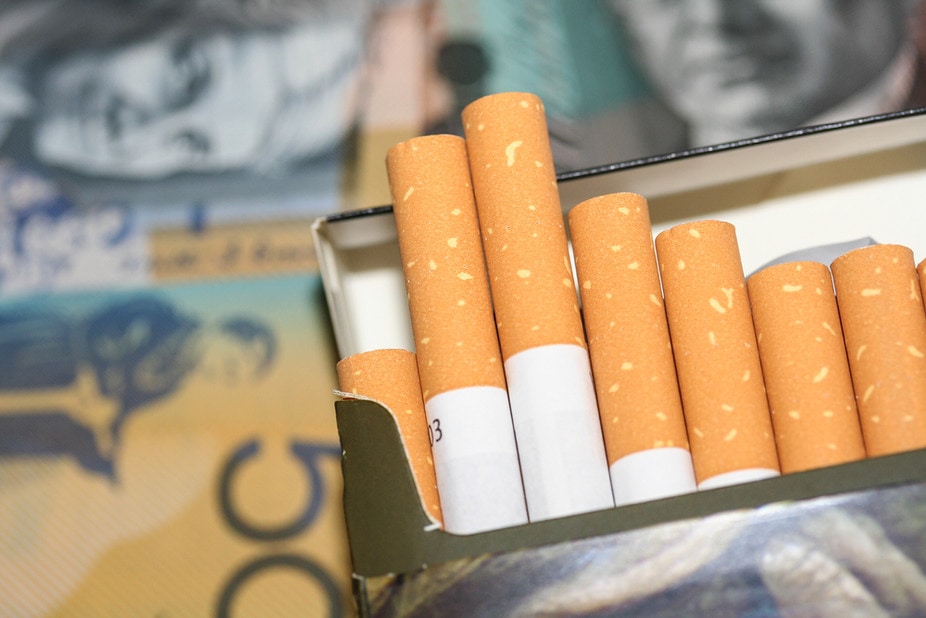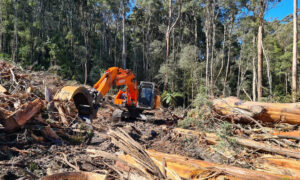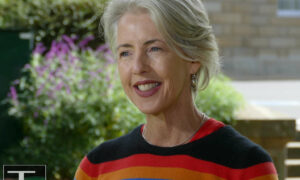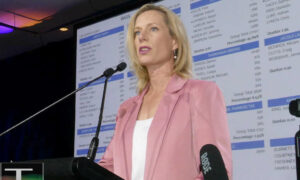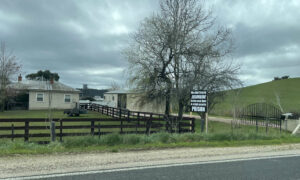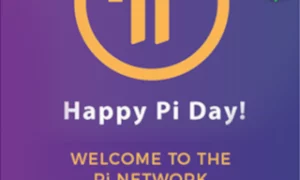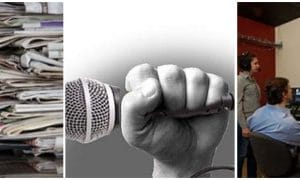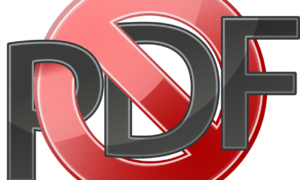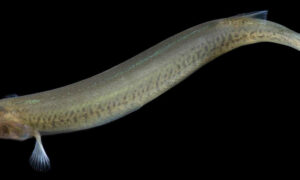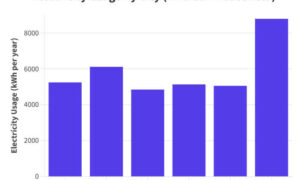A Tasmanian Liberal senator’s call to lower tobacco tax appears to be finding no support.
Senator Eric Abetz had called for a lower taxation rate to ‘fight against this scourge’ of illegal tobacco importation. His remarks referenced a report into the practice by Retail and Trade Brands Advocacy (RTBA) International.
Tobacco experts however say that smuggled tobacco is not really a key issue in reducing smoking.
Associate Professor Seana Gall, senior research fellow in cardiovascular epidemiology at the Menzies Institute for Medical Research at the University of Tasmania, pointed out that the issue of smuggled or illegal tobacco is fraught because most of the data about it being a problem comes from reports funded by tobacco companies.
“Independent evaluations of these studies and reports tend to show that they overestimate smuggled tobacco as an issue,” she said.
Simon Chapman, tobacco control activist and health academic, said claims of a booming black market were overblown. He said tobacco industry estimates placed the illegal market at about 15 per cent of the total market, whereas National Drug Strategy Household Survey data suggests the figure is about 2-3 per cent of the total market.
Chapman said the only way to discourage smoking was to keep increasing the price of cigarettes to rise at a quicker pace than other goods and services. “If the [government] were to do anything to halt that, or reduce the cost of cigarettes, the effect would be for more people to smoke,” he said.
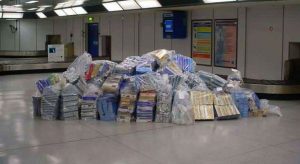
Tasmanian Senator Peter Whish-Wilson, Greens Spokesperson for Treasury and Finance, said, “The single most effective strategy to reduce smoking rates has been increasing taxes on tobacco. ‘That is a fact and indisputable.”
“If Senator Abetz’s major concern is revenue foregone, he should consider the decriminalisation and regulation of cannabis, such as happens in many states of the US. The Greens would be happy to work with him on that.”
For the eighth consecutive year, the tax on tobacco is scheduled to increase by 12.5 per cent in September. The tax is aimed at reducing smoking rates, which have halved since 1995 and are at their lowest rates in history.
The federal Treasurer’s office declined to comment about measures in this year’s budget which has been deferred from May to October.
Effect of cigarette price on rates of smoking in Tasmania
According to Associate Professor Gall, the best evidence that tobacco taxes are effective at decreasing smoking comes from national data in Australia, that, unfortunately, does not include data from Tasmania.
“Nonetheless, all our other data about people who smoke in Tasmania suggest they are just like people that smoke everywhere else so there is no need to think these effects do not apply here,” she said. “The evidence from the best study shows that tax increases were associated with significant reductions in the prevalence of smoking and this was most apparent in people that were of lower socioeconomic status.”
Studies internationally, she said, suggest that these tax increases are most effective when they are large and sudden.
Regarding illicit tobacco, Gall noted that has been shown that historically the tobacco companies themselves were involved in illicit trade of cigarettes.
“There are some local advances in trying to capture the amount of tobacco that is actually sold in retailers regularly,” she said. “By comparing this with other data sources we might be able to better understand how much of an issue illegal tobacco is in Tasmania, but it would still only be an estimate.”
Gall said that it is important to consider that the strategies in the tobacco control plan to address smoking uptake and increase cessation apply to all smokers regardless of where they get their cigarettes from.
THE CONVERSATION: Big Tobacco is consistently overstating black market in cigarettes.

